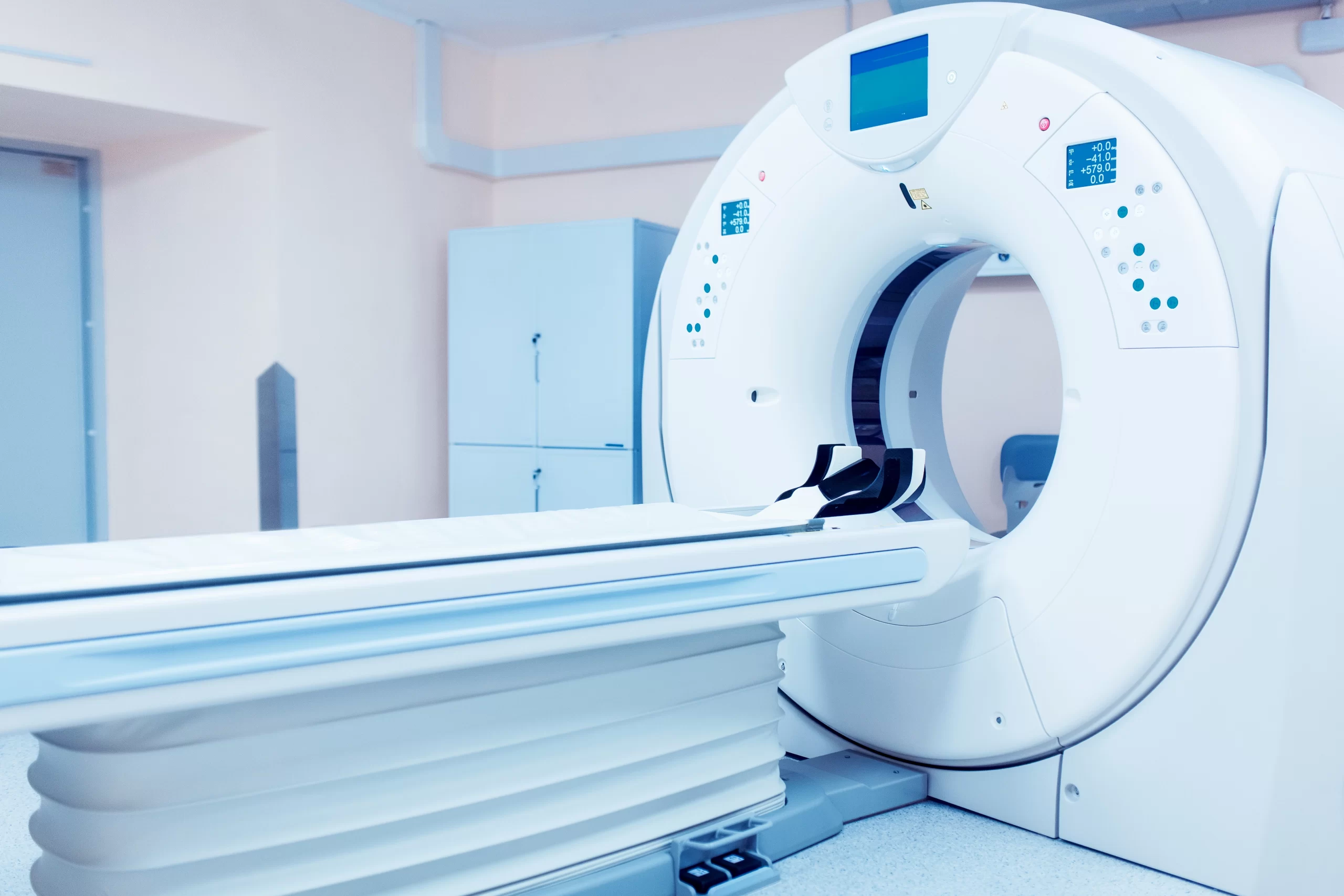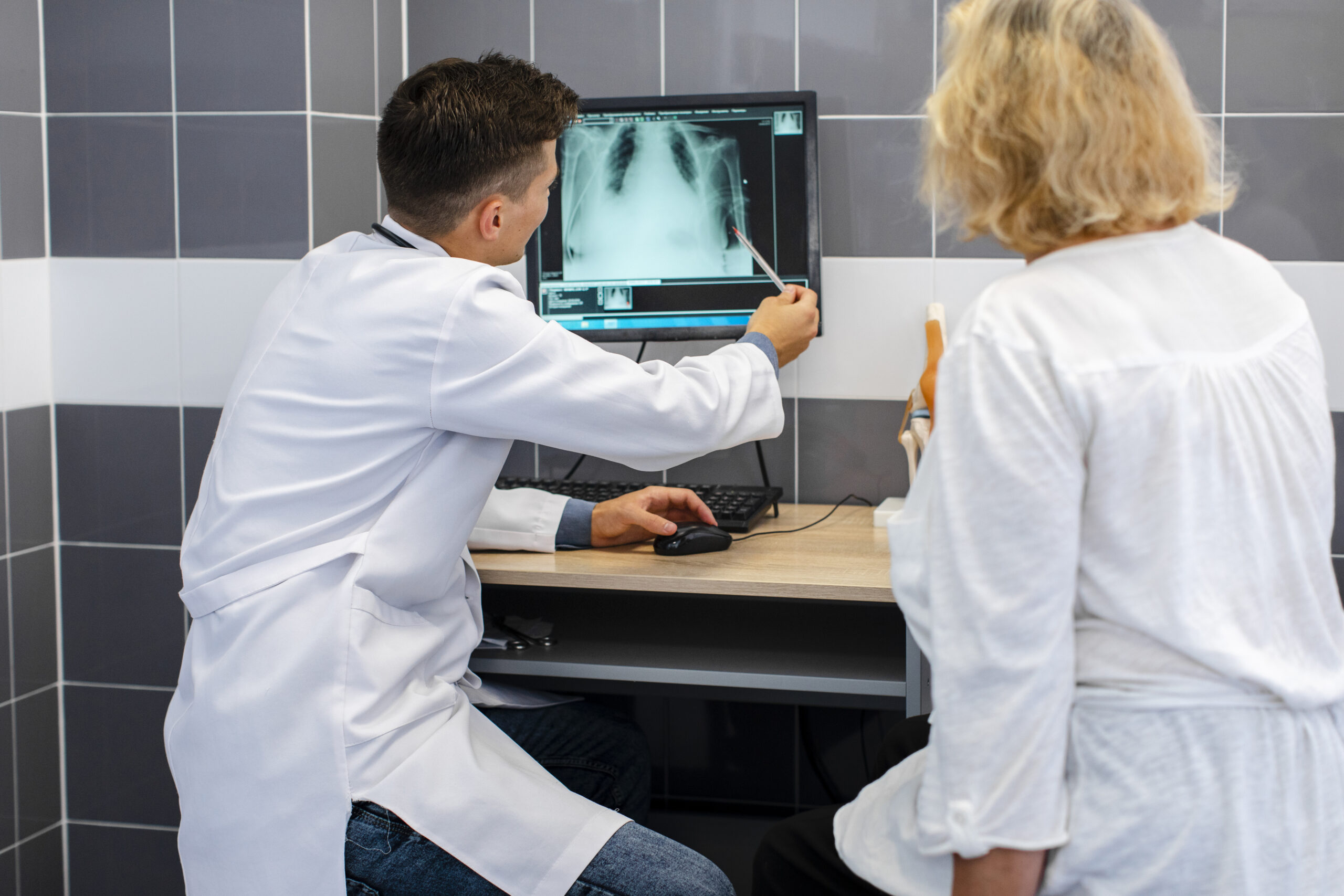The rising demand for CT scans among young adults is indeed an intriguing development. On one hand, advancements in medical technology and greater access to healthcare have made these diagnostic tools more accessible. However, this increase in demand could also be indicative of underlying concerns, both medical and societal. Let’s break down both perspectives:
Trend: Increased Awareness and Proactive Health Measures: As health awareness rises, more young adults are opting for diagnostic imaging like CT scans, often as part of routine check-ups or after experiencing symptoms such as pain, discomfort, or anxiety over health conditions. Social media, online health platforms, and peer influences can often drive the decision to seek immediate and advanced medical care.
Advancements in Medical Technology: CT scans are non-invasive and provide detailed, accurate images of the body’s internal structures. This makes it an attractive option for detecting a wide range of conditions, from bone fractures to more serious conditions like cancer or internal bleeding.
Rising Incidence of Certain Conditions: There could also be an increase in diseases or conditions in younger populations that necessitate the use of CT scans. For example, traumatic injuries due to accidents or sports, or even conditions like appendicitis, might prompt more young adults to seek CT scans for faster diagnosis.
Cause for Concern: Overuse and Health Risks one of the most concerning aspects of increased CT scan usage is the exposure to ionizing radiation. While CT scans are invaluable in diagnosing certain conditions, they do expose the body to higher radiation levels than standard X-rays. Repeated exposure to this radiation over time could increase the risk of developing certain types of cancer, especially in younger people whose cells are still dividing and more sensitive to radiation.
Medical Overuse and Anxiety: There’s also the potential for overuse of diagnostic imaging. Some young adults may be inclined to get CT scans for reassurance rather than due to clinical necessity. This trend could be influenced by a culture of “hyperdiagnosis,” where there is a tendency to over-diagnose or over-test in an effort to find any potential issue, even if it doesn’t pose an immediate health risk. This can result in unnecessary medical procedures, added costs, and psychological stress.
Healthcare System Strain: As demand for imaging increases, healthcare systems might face strain, particularly in terms of capacity, cost, and resource allocation. In some cases, an increase in imaging demand can lead to wait times and a delay in care for more critical cases, which could potentially reduce the overall quality of healthcare.
A Balancing Act: The key to navigating this growing demand lies in finding a balance between appropriate usage and the risks of over-reliance on diagnostic imaging. Encouraging healthcare providers to adhere to evidence-based guidelines is essential. The use of CT scans should be based on clear medical necessity rather than simply as a precautionary measure.
Additionally, promoting awareness about the potential risks of radiation exposure and the importance of utilizing non-invasive diagnostic methods (like ultrasound or MRI) when possible could help mitigate the risks associated with overuse.

Frequently Asked Questions (FAQs)
Q1: What is a CT scan?
A CT scan uses X-rays and computers to create detailed images of the body to diagnose conditions like infections, injuries, or cancer.
Q2: Why are CT scans popular among young adults?
Increased health awareness and better access to diagnostic tools have led to more young adults seeking CT scans for early detection and preventive care.
Q3: Are CT scans safe?
A: CT scans involve minimal radiation, but their safety depends on using them only when necessary, as excessive exposure can pose risks.
Q4: Do I need a doctor’s referral for a CT scan?
Most centers require a doctor’s referral, but some may offer direct consultations.
Q5: How long does a CT scan take?
A typical CT scan takes around 10-30 minutes, depending on the area being scanned.
Conclusion: Should You Get a CT Scan?
The rising demand for CT scans among young adults underscores the growing awareness of health and the increasing accessibility of advanced diagnostic tools. However, it also brings important concerns about overuse, unnecessary radiation exposure, and the potential strain on healthcare systems. Finding a balance between proactive health monitoring and the risks associated with excessive imaging is essential.
If you’re in Mumbai and considering a CT scan, make sure to consult with experienced healthcare providers to determine its necessity for your specific situation. CT scan in Mumbai services offer advanced imaging techniques that can provide valuable insights into your health. Reach out to trusted medical centers in the city to ensure you’re making informed decisions about your health and well-being.

